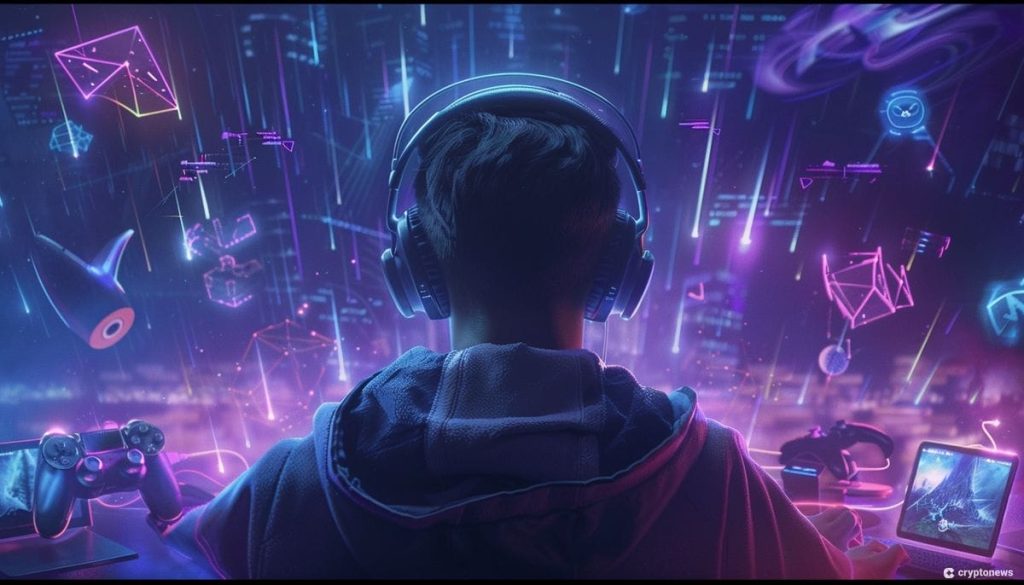Roblox Corporation recently announced updates to its gaming and development platform, including a new payment policy that allows developers to charge players in fiat money instead of the traditional virtual currency, Robux. This change is part of an effort to attract more developers and broaden the platform’s appeal. The announcement was made during the annual developer conference held in San Jose, California, with plans to roll out the new policy on desktop platforms later this year and extend it to other platforms in the future. Additionally, Roblox has partnered with Shopify to integrate physical merchandise purchases within the digital Roblox experiences, aiming to enhance the ecosystem by linking virtual experiences with real-world products.
Developers on the Roblox platform will benefit from a new revenue-sharing model introduced alongside these updates. The revenue share for developers will vary depending on the price of their paid experiences, with tiered percentages based on different price points. This model is designed to incentivize developers to offer a wider range of paid content on Roblox. The company hopes that these changes will rejuvenate interest in the platform and address potential user fatigue with virtual currency transactions, providing a more familiar payment experience for users.
Roblox’s stock had surged during the COVID-19 pandemic as its young user base turned to the platform for social gaming. However, in the years since, the stock has declined by approximately 40%. The shift to allowing fiat transactions could help differentiate Roblox from other major gaming companies that predominantly use virtual currencies for transactions. Amitt Mahajan, the CEO of Proof of Play, predicts a surge in dedicated blockchain usage for gaming applications, with thousands of individual blockchains supporting specific applications. Mahajan views blockchain technology as an advanced database that is essential for scaling applications and anticipates a trend of dedicated blockchains for gaming similar to what other games on networks like Avalanche are doing.
Other gaming companies are also exploring innovative technologies to enhance their gaming experiences. Meta, for example, is seeking to revolutionize metaverse gaming by integrating generative AI technology into virtual, augmented, and mixed-reality games. A recent job listing by Meta shows their intention to explore and prototype new types of gameplay in the metaverse through the use of generative AI. With developments like these on the horizon, the gaming industry is evolving to incorporate cutting-edge technologies to create more immersive and engaging gaming experiences for players worldwide.
In conclusion, Roblox’s recent updates to its platform, including a new payment policy and partnership with Shopify, aim to attract more developers and enhance the gaming experience for users. The company hopes that these changes will revitalize interest in the platform and drive growth in revenue. Additionally, the trend of dedicated blockchain usage for gaming applications is on the rise, with companies exploring innovative technologies like generative AI to revolutionize gameplay in the metaverse. Overall, the gaming industry is evolving to incorporate advanced technologies to create more immersive and engaging experiences for players globally.













